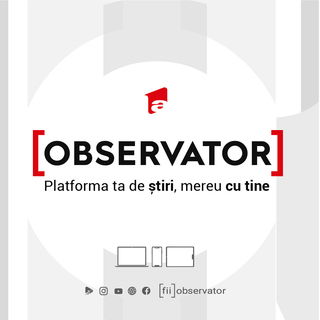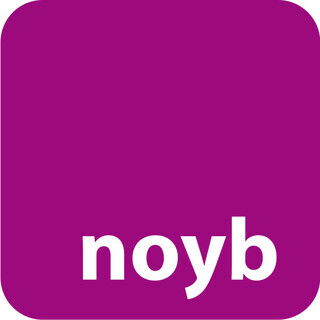Meta announced on Monday, June 16, its plans to introduce targeted ads into its WhatsApp messaging service. The decision to place ads under the app’s “Updates” tab is stirring concern among privacy advocates.
In a blog post on the move, WhatsApp said it wants to help users “find more businesses and channels” on the app. The Updates tab is a section of the app where users can find new posts from celebrities, companies and news outlets they follow.
The ads, according to WhatsApp, will target users based on their location, language and the channels they follow, among other information. The company may also tap into data from users’ Facebook and Instagram accounts if they’ve opted into Meta’s central account center. Meta owns all three apps.
Meta emphasized that the ads will be displayed exclusively in the Updates tab and will not be based on private chats, which remain end-to-end encrypted.
‘A privacy nightmare’
But privacy experts, such as Lena Cohen, a staff technologist at the Electronic Frontier Foundation, argue that targeted ads “based on your personal data are a privacy nightmare, no matter what app they’re on.”
“The fact that Meta has promised that it’s adding ads to WhatsApp with privacy in mind does not make me trust this new feature,” Cohen said, according to Fast Company.
Meredith Whittaker, president of Signal, the app widely considered to be the gold standard for end-to-end encrypted messaging, vowed after WhatsApp’s announcement never to introduce “surveillance ads.”
“Use Signal,” she said in a post on Bluesky. “We promise, no AI clutter, and no surveillance ads, whatever the rest of the industry does.”
Use Signal. We promise, no AI clutter, and no surveillance ads, whatever the rest of the industry does. <3
— Meredith Whittaker (@meredithmeredith.bsky.social) June 16, 2025 at 10:30 AM
[image or embed]
Is it legal in Europe?
Questions have also been raised over whether WhatsApp’s decision violates European Union privacy laws.
Max Schrems, chairman of the European privacy group None Of Your Business, has accused Meta of doing “exactly the opposite of what EU law requires.
“The data of its various platforms gets linked, and users are tracked for advertising without any genuine choice,” Schrems said in a statement. “Without freely given consent, linking data and showing personalised advertising is clearly illegal.”
Shifting policies
WhatsApp cofounder Jan Koum wrote a blog post in 2012 titled “Why we don’t sell ads.”
“Remember,” he wrote, “when advertising is involved, you, the user, are the product.”
Koum sold the app to Meta in 2014. He left WhatsApp in 2018 after reportedly clashing with Meta, then known as Facebook, over privacy policies.

























































































































































































































































